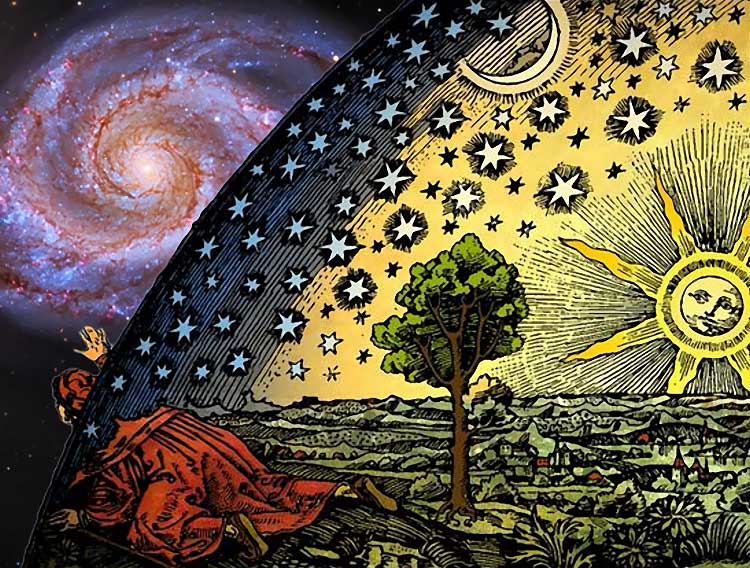Mystical experiences are profound spiritual or religious experiences characterized by a deep sense of interconnectedness, unity, and transcendence. They are often described as transcending the limitations of the individual self and experiencing a sense of oneness with the universe or a higher power.
Mystical experiences have been reported throughout human history and are found in almost all religious and spiritual traditions. They can occur spontaneously, as in a sudden feeling of unity with all things, or they can be induced through various practices such as meditation, prayer, or the use of psychedelic substances.
One of the defining characteristics of mystical experiences is a sense of ineffability. Those who have had a mystical experience often struggle to find the words to describe it, as it seems to transcend language and concepts. However, some common themes emerge in descriptions of mystical experiences. These include:
- Unity and interconnectedness: Mystical experiences often involve a feeling of unity with all things. The boundaries between the self and the world dissolve, and one experiences a sense of interconnectedness with everything around them.
- Transcendence of time and space: Mystical experiences can also involve a sense of timelessness and spacelessness. The individual may feel as though they are outside of time and space or that time and space are irrelevant to the experience.
- Sense of awe and wonder: Mystical experiences often leave individuals with a deep sense of awe and wonder. They may feel as though they have encountered something greater than themselves and that this encounter has changed them profoundly.
- Feeling of peace and joy: Many people with mystical experiences report a deep sense of peace and joy. They may feel they have tapped into a source of inner peace and contentment that is not dependent on external circumstances.
- Encounter with a higher power: Mystical experiences can involve encounters with a higher power or spiritual presence. Depending on the individual’s religious or spiritual beliefs, this can take many forms.
Psychologists, neuroscientists, and philosophers have studied mystical experiences. Some researchers have suggested that they may be related to altered states of consciousness, such as those induced by meditation or psychedelic substances. Others have proposed that mystical experiences are a natural part of the human experience and may be related to the evolution of the brain.
Regardless of their origins, mystical experiences can profoundly transform individuals. They can inspire feelings of compassion, empathy, and connection with others and help individuals develop a deeper understanding of the world around them. For those who have had a mystical experience, it is often seen as a life-changing event, a moment of clarity that reveals the deeper truths of existence.

